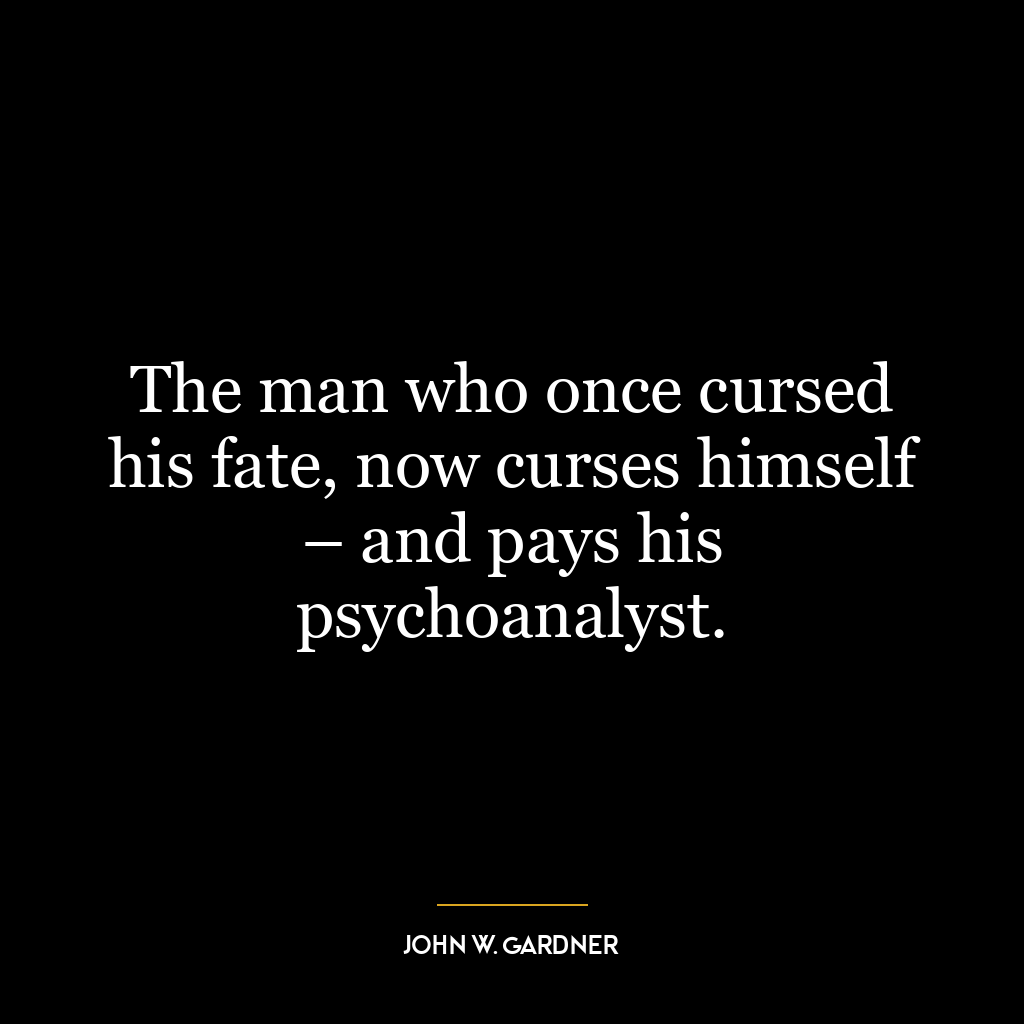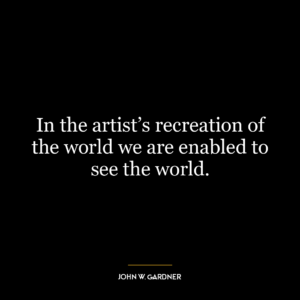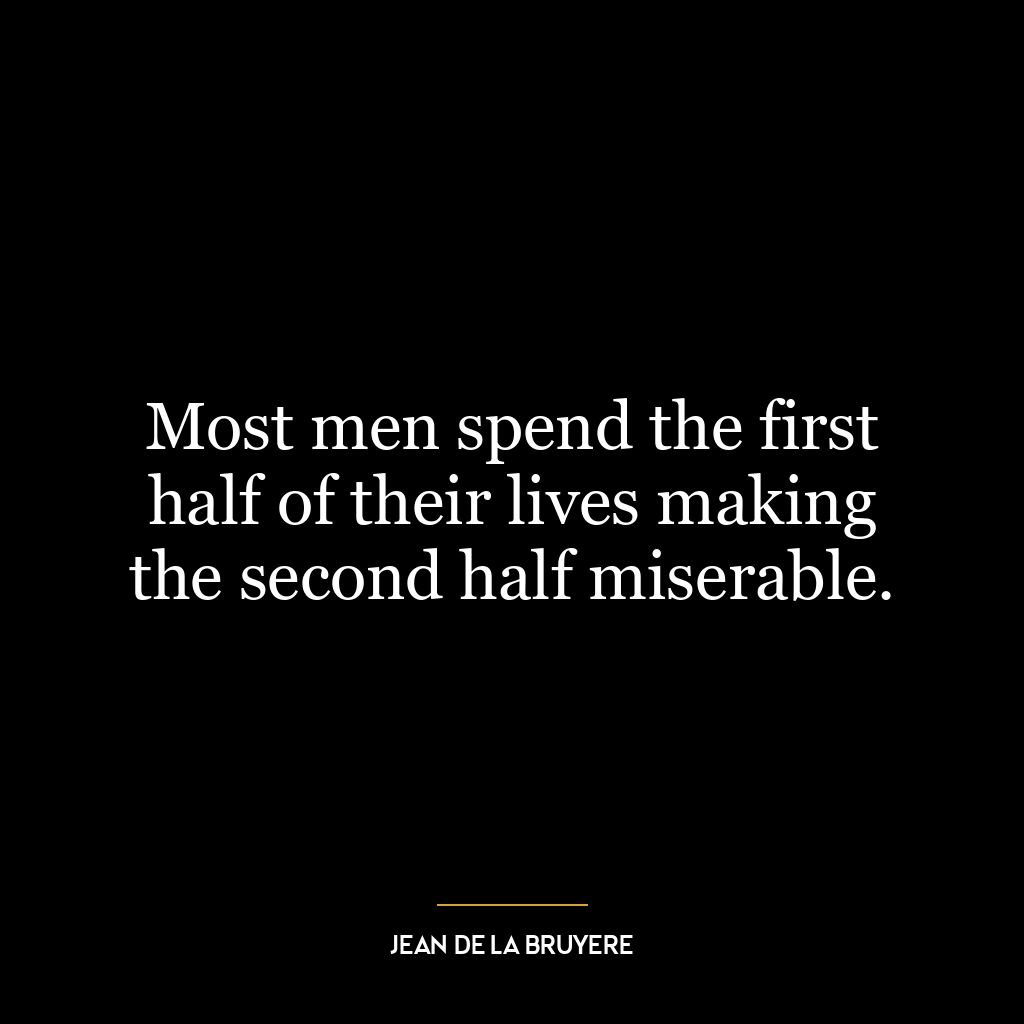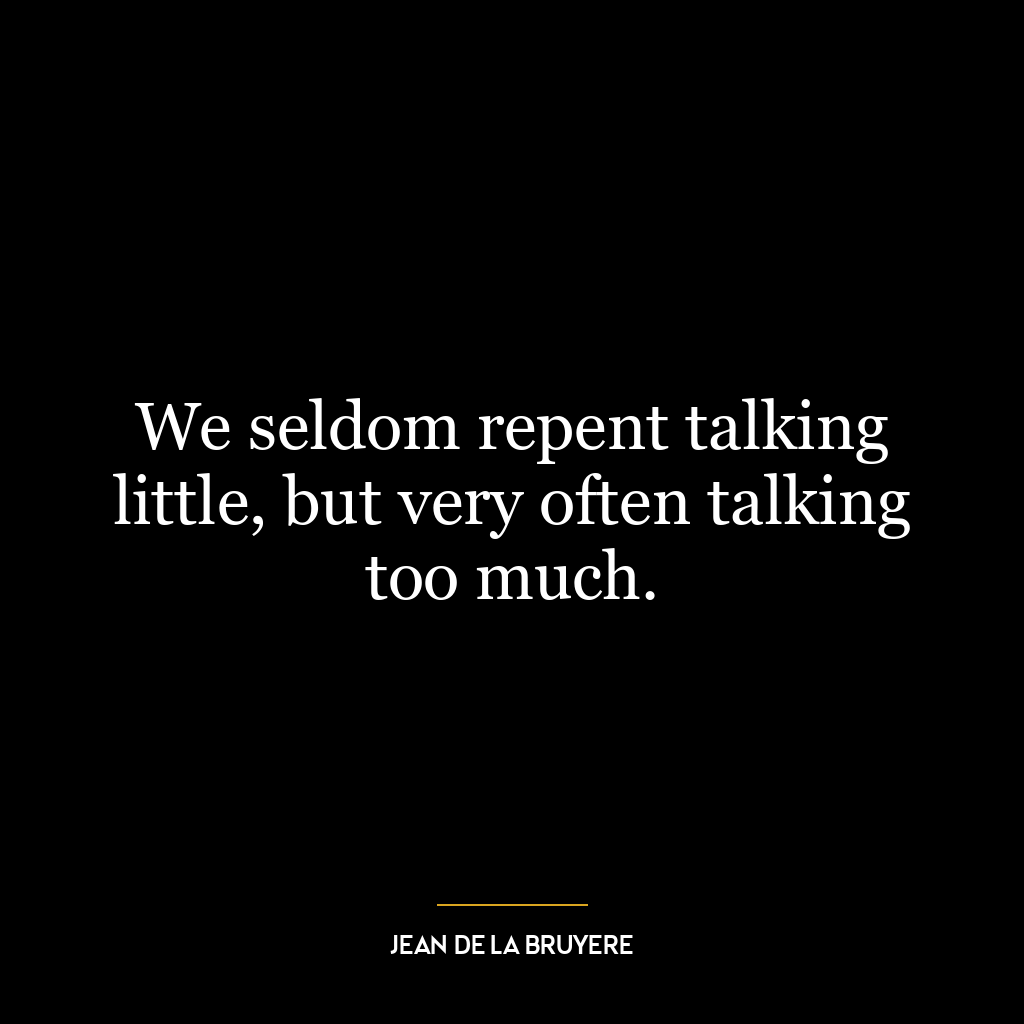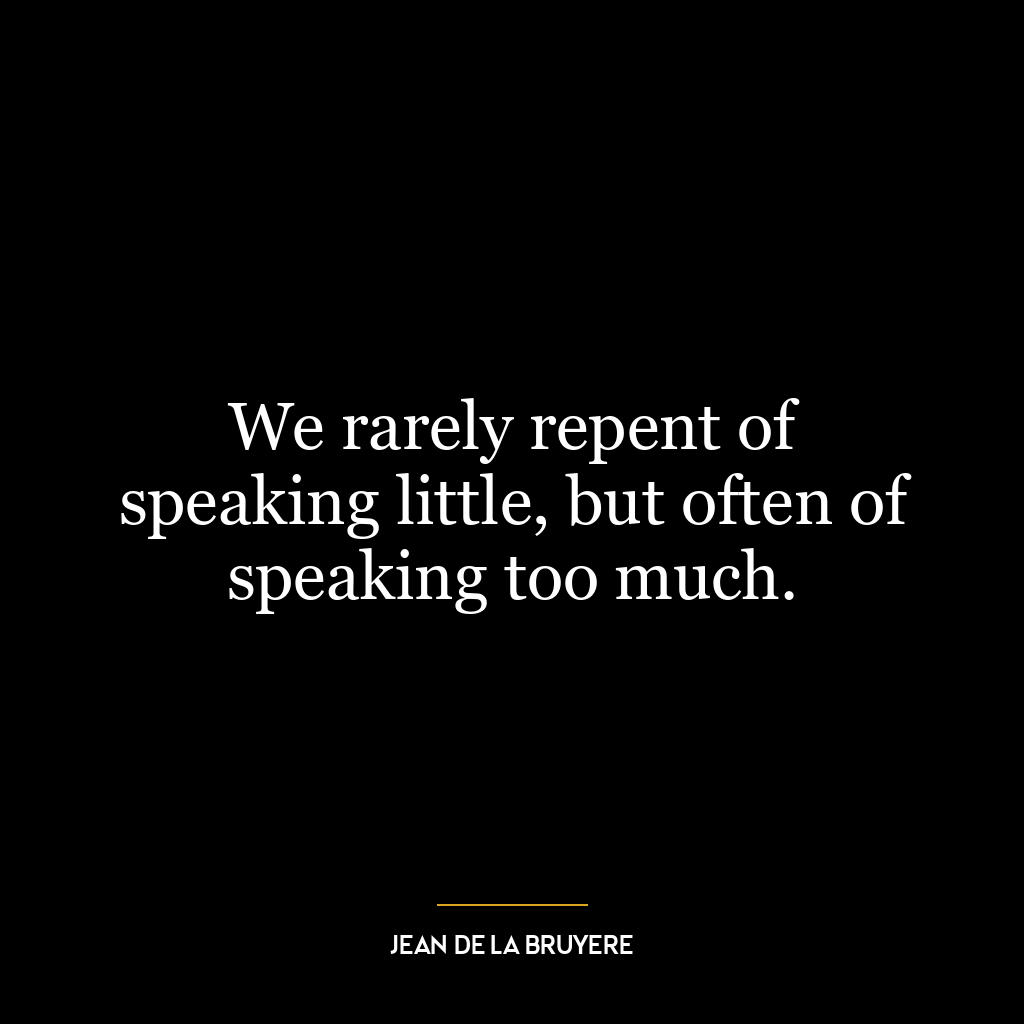This quote speaks to the evolution of personal responsibility and self-awareness. Initially, the man in the quote blamed his circumstances or “fate” for his problems, a common coping mechanism to avoid confronting personal faults or shortcomings. However, as he gains self-awareness, possibly through therapy, he starts to understand that he is, at least in part, the architect of his own problems and begins to blame himself.
The second part of the quote – “and pays his psychoanalyst” – adds a layer of irony and humor. It suggests that with the realization of personal responsibility comes the need for professional help to navigate these newfound self-awareness and guilt. The man is willing to pay for the services of a psychoanalyst, indicating that he is ready to invest time, money, and effort in understanding and improving himself.
In today’s world, this quote is relevant as many people struggle with personal development and self-improvement. It’s easy to blame external factors for our problems, but true growth comes from recognizing our role in our issues and working to improve them. This can be a painful process and often requires professional help, such as a psychoanalyst.
In terms of personal development, this quote could be seen as a reminder that blaming others or fate for our problems is a dead-end. Instead, we should strive for self-awareness and personal responsibility, even if it means confronting uncomfortable truths about ourselves. This is the path to personal growth and development.

